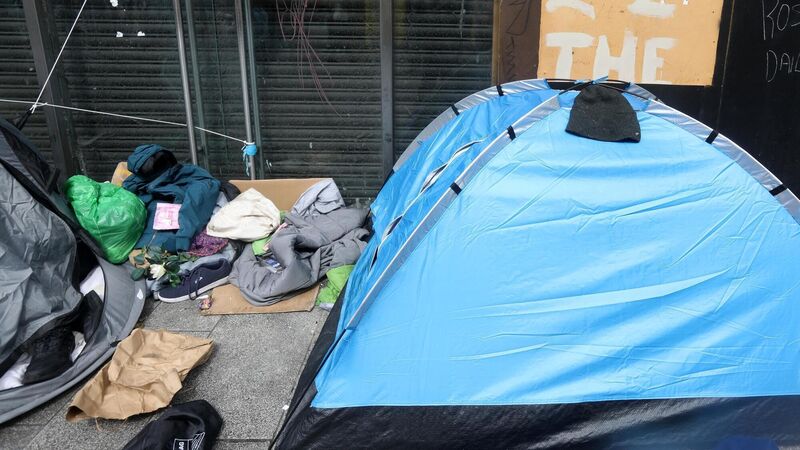Quarter of Dublin charity's homeless beds used by workers on June night

Staff at Dublin Simon Community are recording increased numbers of workers who have "nowhere to live" and are requiring emergency beds. Picture: Leah Farrell/RollingNews.ie
On one night earlier this month, a quarter of the emergency beds for a homeless charity in Dublin were occupied by working people.
Staff at Dublin Simon Community are recording increased numbers of workers who have "nowhere to live" and are requiring emergency beds.










